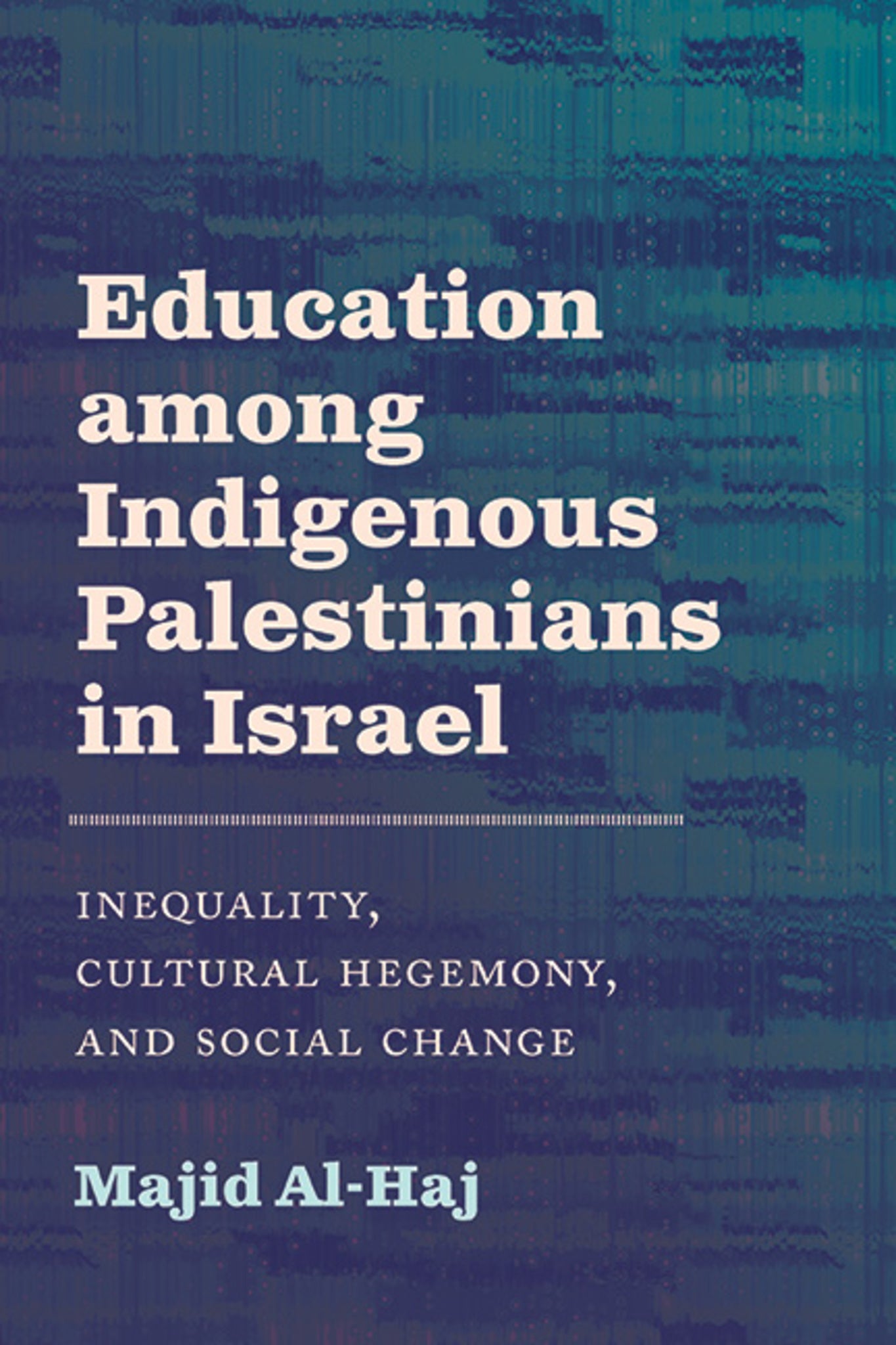We're sorry. An error has occurred
Please cancel or retry.
Education among Indigenous Palestinians in Israel

Some error occured while loading the Quick View. Please close the Quick View and try reloading the page.
Couldn't load pickup availability
- Format:
-
01 July 2024

An expansive, in-depth analysis of education among indigenous Palestinians in Israel over seven decades.
Unparalleled in its scope, this book provides a detailed longitudinal analysis of indigenous Palestinian education in Israel since the establishment of the state. Taking a comparative approach, Majid Al-Haj juxtaposes the Arab and Hebrew education systems in Israel, from early childhood through higher education, looking at their administration, resources, curriculum content, and outcomes. Significantly, the book represents the first systematic examination of an authentic model for social change and educational empowerment initiated by Palestinian Arabs in Israel through a civil society organization. Blending quantitative and qualitative methods, Al-Haj addresses widely debated theoretical questions about the role of education among indigenous minorities and disadvantaged groups in the context of cultural hegemony and inequalities, on the one hand, and self-empowerment and social change, on the other. Lastly, Al-Haj offers a review of the pre-state period and considers the impact of the ongoing Israel-Palestinian conflict on the goals, substance, and narratives of Arab and Hebrew education.


"This book is the most comprehensive study of Palestinian Arab education in Israel. Al-Haj brilliantly uses education as a case study to illustrate the relationship between the Arab minority and the Jewish majority in Israel, with reflections on the broader Israeli-Palestinian conflict. It is a must-read for everyone who is interested in Palestine and Israel and in national minority education." — Yitzhak Reiter, author of Contested Holy Places in Israel–Palestine: Sharing and Conflict Resolution
List of Illustrations
Acknowledgments
Introduction
1. Theoretical Framework: Multiculturalism, Hegemony, and Social Change
2. Background: The Palestinian Arabs in Israel
3. Trends in Elementary, Intermediate, and Secondary Education: Quantitative Expansion and Persistent Qualitative Gaps
4. Controlled "Multiculturalism": A Comparative Analysis of the History Curriculum in Arab and Hebrew Schools, 1950–2020
5. Status of Arab Teachers: Attitudes, Burnout, and the Culture of Silence
6. Higher Education: Quantitative Expansion, Obstacles, and Qualitative Inequalities
7. Self-Empowerment and Civil Society Organizations among Indigenous Palestinians: The Case of the INSANN Association
Conclusion
References
Index



